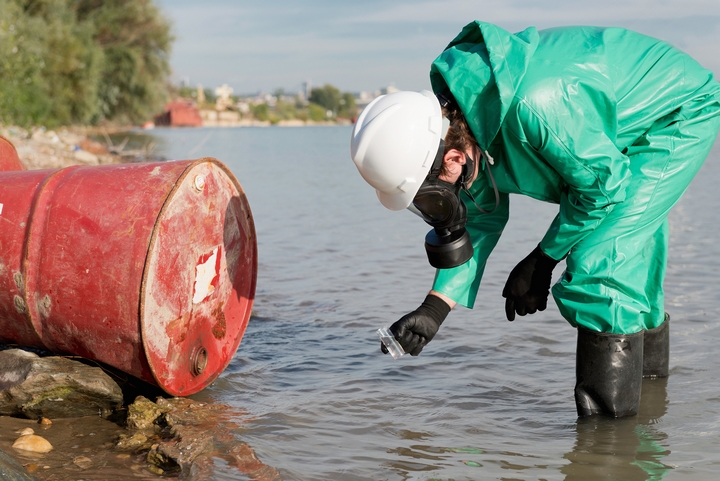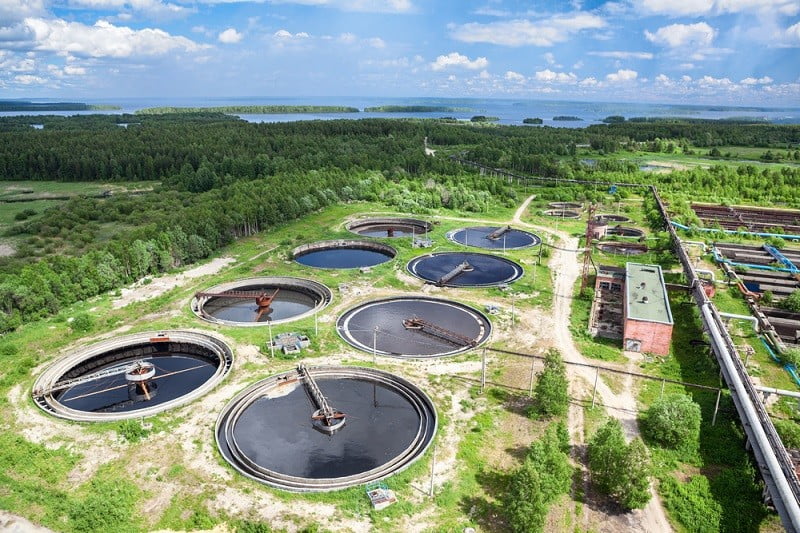Professional Liquid Waste Removal Melbourne: Fast and Budget Friendly Providers
Professional Liquid Waste Removal Melbourne: Fast and Budget Friendly Providers
Blog Article
Understanding the Comprehensive Refine of Liquid Garbage Disposal: Best Practices and Environmental Impact Considerations
The administration of fluid waste disposal is a complex problem that requires an extensive understanding of various ideal practices and their linked ecological impacts. From the types of fluid waste generated to the methods utilized for collection, treatment, and last disposal, each step plays a crucial duty in securing environments and public health. As governing standards advance and technology breakthroughs, the conversation around these procedures becomes progressively relevant. What ramifications do these modifications hold for future sustainability initiatives, and how can stakeholders make sure that they are effectively dealt with?
Sorts Of Fluid Waste
Understanding the numerous kinds of fluid waste is vital for efficient monitoring and disposal methods. Fluid waste can be generally classified right into several kinds, each calling for one-of-a-kind handling and treatment methods.
Industrial fluid waste frequently has hazardous materials, including hefty steels, solvents, and chemicals, produced during making procedures. These wastes require strict regulatory compliance to safeguard human wellness and the atmosphere. Residential liquid waste largely refers to wastewater produced from households, including sewage and greywater, which, although less harmful, can still position substantial dangers if poorly handled.
Agricultural liquid waste, consisting of drainage from ranches, commonly has plant foods and chemicals that can bring about ecological destruction otherwise treated properly. Medical liquid waste, produced from medical care centers, includes infected fluids such as physical fluids and chemicals, requiring specialized disposal techniques to avoid infection and environmental contamination.
Last but not least, oil and grease waste, generally produced by restaurants and automotive industries, can create serious obstructions in drain systems if not handled properly. Recognizing these categories facilitates targeted approaches for treatment, conformity with laws, and efficient disposal methods, eventually promoting ecological sustainability and public health and wellness safety and security.

Collection Techniques
Efficient collection approaches are critical for the proper administration of fluid waste, ensuring that it is gathered safely and effectively prior to treatment or disposal. Various strategies are used depending on the kind of liquid waste created, the volume, and the details attributes of the waste.
One typical method is making use of devoted collection tanks or sumps, which are designed to capture liquid waste at the resource. These systems frequently integrate pumps that help with the transfer of waste to bigger storage containers or therapy facilities. Additionally, mobile collection systems outfitted with vacuum cleaner innovation are used in circumstances where waste is generated periodically or in hard-to-reach locations.
For industrial setups, closed-loop systems can effectively reduce leaks and spills, enabling the healing and reuse of liquid waste. It is also crucial to educate employees on proper collection procedures to minimize threats related to harmful materials.
Furthermore, implementing regular upkeep routines for collection equipment guarantees optimal performance and security. The integration of advanced monitoring systems can improve collection performance by giving real-time data on waste levels and possible risks. On the whole, effective collection methods are fundamental to lasting fluid waste monitoring practices.
Treatment Processes
Therapy processes play a vital function in the monitoring of liquid waste, transforming possibly unsafe products into recyclable resources or safe effluents - liquid waste disposal. These processes can be broadly classified into physical, chemical, and organic approaches, each tailored to deal with particular pollutants present in the waste stream
Physical therapy methods, such as sedimentation and purification, job by eliminating suspended solids and particle issue. These strategies are usually the initial step in the therapy chain, effectively reducing the load on subsequent processes. Chemical therapies involve making use of reagents to reduce the effects of unsafe substances, speed up hefty metals, or oxidize natural contaminants, therefore enhancing the safety and security of the effluent.
Organic therapy procedures, consisting of turned on sludge systems and anaerobic digestion, take advantage of the all-natural abilities of microbes to degrade raw material. These techniques are specifically effective for wastewater consisting of eco-friendly contaminants. Advanced treatment modern technologies, such as membrane layer filtering and advanced oxidation processes, are significantly employed to achieve greater degrees of purification.
Including a mix of these therapy methods not just makes certain compliance with governing criteria yet likewise promotes ecological sustainability by recouping important sources from fluid waste.
Disposal Options
How can companies ensure the risk-free and liable disposal of fluid waste? Effective disposal options are critical for safeguarding public health and the atmosphere. The key approaches consist of land incineration, treatment, and disposal complied with by discharge into metropolitan wastewater systems.
Land disposal entails the mindful control of liquid waste in assigned garbage dumps, making certain that it does not seep right into bordering dirt or water. Incineration, on the various other hand, subjects liquid waste to heats, converting it into ash and gases, which require proper filtration to lessen exhausts. This technique is appropriate for harmful wastes that can not be treated with standard ways.
In cases where liquid waste can be dealt with, companies may go with biological or chemical therapy procedures to reduce the effects of dangerous elements prior to releasing the treated effluent right into metropolitan systems. This path generally lines up with regulatory needs, making certain that the effluent meets security standards.
Inevitably, organizations must carry out complete evaluations of each disposal option to establish its feasibility, thinking about elements such as waste make-up, regulative conformity, and potential threats to health and wellness and the environment. By choosing appropriate disposal methods, organizations can add to a liable waste administration approach.
Environmental Impact
The ecological effect of liquid waste disposal look here is an essential consideration for organizations seeking to minimize their environmental impact. In addition, the discharge of untreated or inadequately treated waste right into surface area waters can result in eutrophication, leading to oxygen deficiency and the succeeding death of fish and other microorganisms.

To minimize these influences, companies have to take on best methods such as carrying out strenuous waste treatment processes, advertising recycling and reuse, and sticking to regulative requirements. By taking a proactive strategy to fluid waste administration, entities can substantially reduce their environmental footprint while sustaining lasting advancement objectives. Inevitably, an extensive understanding of the ecological impacts connected with liquid garbage disposal is vital for notified decision-making and accountable stewardship of natural deposits.
Verdict
Effective administration of fluid waste is essential for guarding environmental stability and public wellness. Ultimately, a detailed understanding of liquid waste disposal not only minimizes environmental influences yet also cultivates a commitment to liable source management and try this website environmental stewardship.
The monitoring of liquid waste disposal is a diverse concern that calls for a thorough understanding of different ideal practices and their associated environmental impacts. From the types of fluid waste generated to the techniques utilized for collection, treatment, and final disposal, each action plays a vital function in guarding ecosystems and public health and wellness.The environmental effect of liquid waste disposal is a vital consideration for organizations seeking to lessen their environmental footprint. Eventually, a detailed understanding of the ecological influences linked with fluid waste disposal is crucial for informed decision-making and accountable stewardship of natural resources.
Ultimately, a comprehensive understanding of liquid waste disposal not only reduces environmental influences yet likewise cultivates a Source dedication to accountable resource management and ecological stewardship.
Report this page